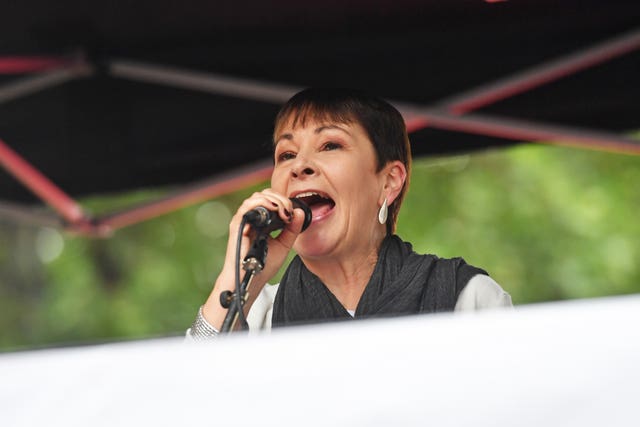The Government has unlawfully failed to investigate “an attack on our sovereignty” by the Russian state, lawyers representing a cross-party group of MPs and peers have told the High Court.
Six parliamentarians claim Boris Johnson unlawfully failed to act following a report by Parliament’s Intelligence and Security Committee (ISC) which found the Government was “slow to recognise the existence of the threat” of Russian interference in UK elections.
The ISC report, published last July, found the Government should have recognised the threat that Russia would seek to influence voters “as early as 2014”, when a referendum on Scottish independence was held.
Following publication of the report, Mr Johnson said there was “no country in the western world that is more vigilant in protecting the interests of this country or the international community from Russian interference”.
However, six MPs and peers – including Labour MP Chris Bryant, Green MP Caroline Lucas and former Conservative peer Baroness Wheatcroft – argue his decision not to investigate possible Russian interference is unlawful.
At a hearing at the Royal Courts of Justice in London on Tuesday, the claimants asked Mr Justice Swift to give the go-ahead for a full hearing of their case later this year.
Opening the claimants’ case, Richard Hermer QC told the court that “no relief is sought that would affect any previous vote”, adding: “It is no part of the claimants’ case that the outcome of any past vote would have been changed were it not for Russian interference.”
Mr Hermer said publicly-available evidence “overwhelmingly supports the proposition that we in this country have been the subject of determined and sophisticated attacks whose very purpose has been to undermine the integrity of our electoral processes”.
“The UK has been and remains one of the top targets for Russian efforts to interfere with the integrity of our elections,” Mr Hermer said.
He added that, despite “strong” evidence of attempted Russian interference in the 2016 EU referendum and the general elections in 2017 and 2019, the Government has “not shown any concern and (has) not investigated these serious allegations”.
Mr Hermer described the attempted interference as “an attack on our sovereignty by a hostile foreign state”, which had sought to “covertly and falsely and criminally influence the result of elections”.
The risk of foreign interference in elections poses a “real threat to democracy and the rule of law” and – without an effective investigation – “there is an unacceptable risk of repetition,” Mr Hermer told the court.

“The Government’s finding that Russian actors sought to interfere in the 2019 general election underlines the need for a much broader investigation into Russian interference in UK democratic processes,” the claimants say.
The six claimants, supported by campaign group The Citizens, argue the European Convention on Human Rights (ECHR) places a legal obligation on the Government to “investigate hostile state interference in the democratic process”.
Sir James Eadie QC, representing Mr Johnson, said in written submissions that the claim was “unarguable”.
He said the ECHR “imposes no duty to order an independent investigation into Russian interference in the UK’s electoral processes”.
Sir James added: “There are serious principled objections to a legal duty upon the state to investigate supposed interferences with an election which are not said to have altered its outcome.
“It risks engaging state bodies in an exercise likely to be perceived as serving politically partisan ends, whether that is an outgoing Government casting doubt on the legitimacy of an election it has lost or an incoming Government seeking to defend the legitimacy of its election victory.”
The hearing before Mr Justice Swift is due to conclude on Tuesday afternoon and it is expected the judge will give a ruling today.






